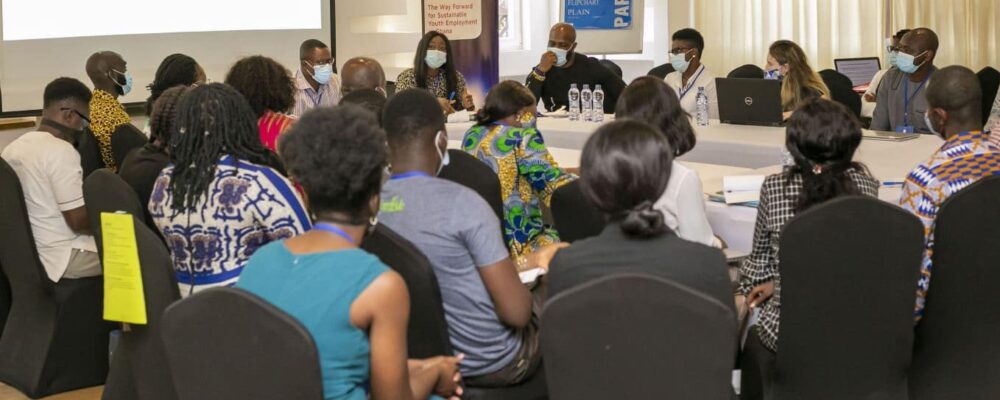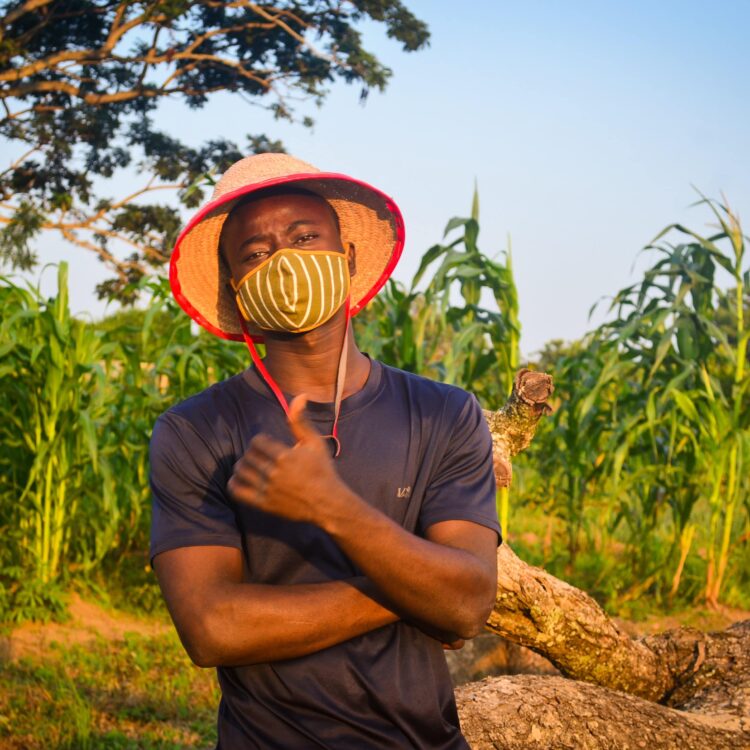
On November 12th, as part of its biannual platform meeting, INCLUDE held a webinar to discuss preliminary findings from the ‘Equity in COVID-19’ research programme. Researchers from 5 of the 12 case studies (Mali, Niger, Nigeria, Rwanda and Tunisia) presented some of the results that stood out from the data collection and analysis processes. Breakout sessions allowed for critical questions, comparisons and feedback from platform members, policymakers and fellow researchers. Here, we summarise parts of the discussion.
Much progress was observed since the previous programme meeting in September. Having completed their data collection and conducted more in-depth analyses, the researchers were able to draw stronger observations about the degree of inclusion of COVID-19 mitigation and response policies, and about which groups had been left out by government support structures and programmes. In some cases, they were also able to compare the first and second waves of the crisis and make observations about the extent of learning and reorientation within policymaking.
The scale and diversity of policy responses to COVID-19 on the African continent was apparent throughout the session. The focal point of each country case differed according to the national policy choices and local environments. Some researchers drew out lessons around policy formation while others focused on implementation; some emphasised political factors as being crucial to the effectiveness of responses, while others honed in on economic factors. Some interesting outcomes were captured:
- There is a clear rural-urban divide in the impacts of the crisis, but not always the same trend. For example, rural households were found to have been more affected in Mali, attributed to the lack of government support in rural areas, whereas in Nigeria, urban households were found to have fared worse due to stricter restrictions in densely populated areas.
- The informal sector emerged across the board as a major excluded group in the response. Difficulties were identified in targeting and reaching unregistered individuals. In many cases, informal workers and households have had to rely on humanitarian/donor aid rather than state support. It is necessary going forward to uncouple the degree of government support from the dual economy structure.
- The pandemic has reinforced existing government structures. Despite the importance of decentralised responses for fast and effective action, certain policy processes have been overly controlled and potentially non-inclusive, with local CSOs, trade unions and the most affected groups not part of the response. The COVID-19 crisis shows the need to “localise” the SDGs whilst ensuring effective central government backup. Relationships between different levels of government, transparency, accountability and capacity are critical.
- Trust and fear have been important determinants of policy outcomes, through channels of compliance and solidarity. Citizen trust in the necessity and seriousness of government responses were found to be much higher in Rwanda than in Nigeria, Tunisia, and Ghana. Social protection measures were suggested as a way to improve the social contract between states and citizens and increase levels trust.
- Initial policy responses did not look into the issues of equity and were focused on controlling the spread of the disease from the top down using existing structures. Equity started coming in only as a result of workers organising to share their voices via the media. A shift has been observed in recent months towards more participatory and balanced responses.
On top of these outcomes, questions were raised around defining an ‘effective emergency response’. So far, there have been relatively fewer casualties due to COVID-19 in African countries compared to the rest of the world, but much deprevation in other ways linked to the crisis, and this should be considered going forward. Overall, the message to Dutch policy makers was clear: put equity on the policy agenda for aid distribution.


